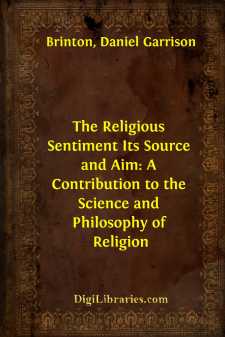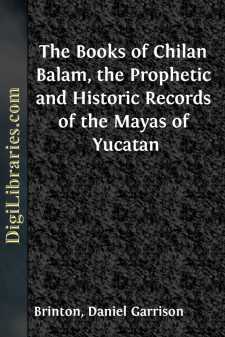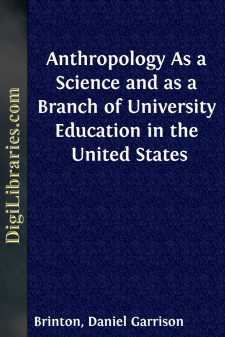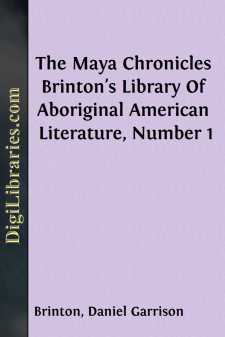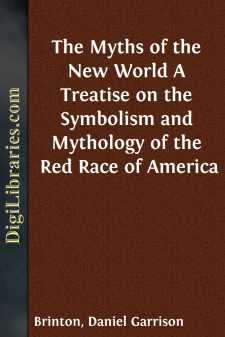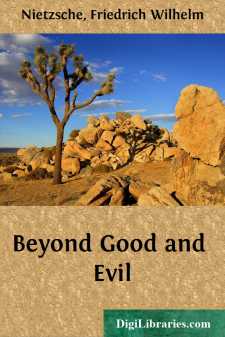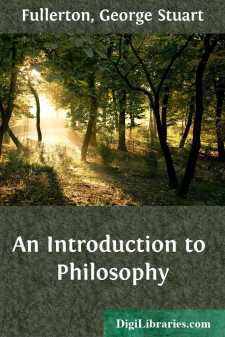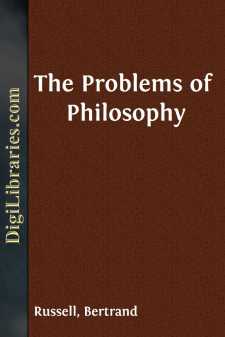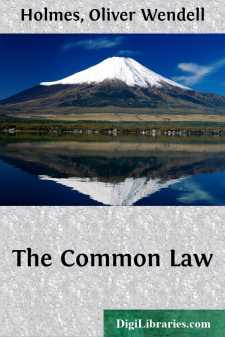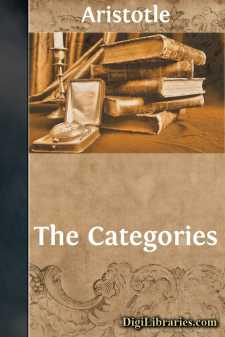Categories
- Antiques & Collectibles 13
- Architecture 36
- Art 48
- Bibles 22
- Biography & Autobiography 813
- Body, Mind & Spirit 142
- Business & Economics 28
- Children's Books 17
- Children's Fiction 14
- Computers 4
- Cooking 94
- Crafts & Hobbies 4
- Drama 346
- Education 46
- Family & Relationships 57
- Fiction 11829
- Games 19
- Gardening 17
- Health & Fitness 34
- History 1377
- House & Home 1
- Humor 147
- Juvenile Fiction 1873
- Juvenile Nonfiction 202
- Language Arts & Disciplines 88
- Law 16
- Literary Collections 686
- Literary Criticism 179
- Mathematics 13
- Medical 41
- Music 40
- Nature 179
- Non-Classifiable 1768
- Performing Arts 7
- Periodicals 1453
- Philosophy 64
- Photography 2
- Poetry 896
- Political Science 203
- Psychology 42
- Reference 154
- Religion 513
- Science 126
- Self-Help 84
- Social Science 81
- Sports & Recreation 34
- Study Aids 3
- Technology & Engineering 59
- Transportation 23
- Travel 463
- True Crime 29
Our website is made possible by displaying online advertisements to our visitors.
Please consider supporting us by disabling your ad blocker.
The Religious Sentiment Its Source and Aim: A Contribution to the Science and Philosophy of Religion
Categories:
Description:
Excerpt
CHAPTER I.
THE BEARING OF THE LAWS OF MIND ON RELIGION.
The Science of Religion is one of the branches of general historical science. It embraces, as the domain of its investigation, all recorded facts relating to the displays of the Religious Sentiment. Its limits are defined by those facts, and the legitimate inferences from them. Its aim is to ascertain the constitutive laws of the origin and spread of religions, and to depict the influence they have exerted on the general life of mankind.
The question whether a given religion is true or false cannot present itself in this form as a proper subject of scientific inquiry. The most that can be asked is, whether some one system is best suited to a specified condition of the individual or the community.
The higher inquiry is the object of the Philosophy of Religion. This branch of study aims to pass beyond recorded facts and local adjustments in order to weigh the theoretical claims of religions, and measure their greater or less conformity with abstract truth. The formal or regulative laws of religious thought occupy it.
Theology, dogmatic or polemic, is an explanatory defence of some particular faith. Together with mythology and symbolism, it furnishes the material from which the Science and Philosophy of Religion seek to educe the laws and frame the generalizations which will explain the source and aim of religion in general.
The common source of all devotional displays is the Religious Sentiment, a complex feeling, a thorough understanding of which is an essential preliminary to the study of religious systems.
Such a study proceeds on the assumption that all religions are products of thought, commenced and continued in accordance with the laws of the human mind, and, therefore, comprehensible to the extent to which these laws are known. No one disputes this, except in reference to his own religion. This, he is apt to assert, had something “supernatural” about its origin. If this word be correctly used, it may stand without cavil. The “natural” is that of which we know in whole or in part the laws; the “supernatural” means that of which we do not at present know in any degree the laws. The domain of the supernatural diminishes in the ratio of the increase of knowledge; and the inference that it also is absolutely under the control of law, is not only allowable but obligatory.
A second assumption must be that there is a unity of kind and purpose in all religions. Without this, no common law can exist for them. Such a law must hold good in all ages, in every condition of society, and in each instance. Hence those who explain religious systems as forms of government, or as systems of ethics, or as misconceived history, or as theories of natural philosophy, must be prepared to make their view good when it is universally applied, or else renounce the possibility of a Science of Religion; while those who would except their own system from what they grant is the law of all others, violate the principles of investigation and thereby the canons of truth.
The methods of science are everywhere alike. Has the naturalist to explain an organism, he begins with its elements or proximate principles as obtained by analysis; he thence passes to the tissues and fluids which compose its members; these he considers first in a state of repose, their structure and their connections; then he examines their functions, the laws of their growth and action; and finally he has recourse to the doctrine of relations, la théorie des milieux, to define the conditions of its existence. Were such a method applied to a religion, it would lead us first to study its psychological elements, then the various expressions in word and act to which these give occasion, next the record of its growth and decay, and finally from these to gather the circumstantials of human life and culture which led to its historic existence....


